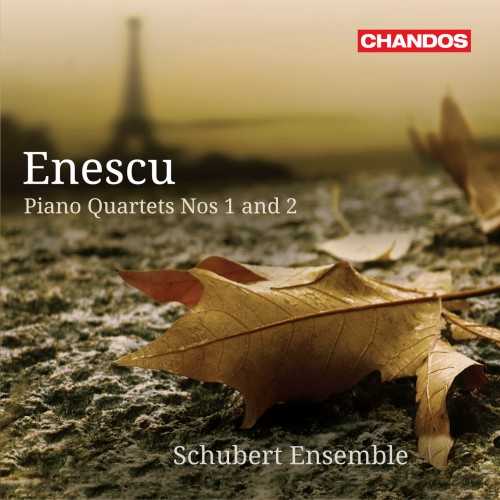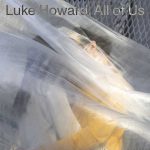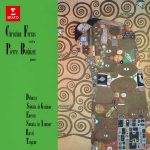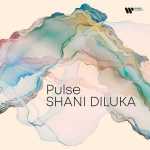
Composer: George Enescu
Performer: Schubert Ensemble
Orchestra:
Conductor:
Audio CD
Number of Discs: 1
Format: FLAC (tracks)
Label: Chandos
Size: 1.11 GB
Recovery: +3%
Scan: yes
Piano Quartet No. 1, Op. 16 in D major
for Piano, Violin, Viola and Cello
À Madame Michel Ephrussi
01. I Allegro moderato – Poco meno mosso – Tempo I – A tempo animato – A tempo agitato molto – Sempre animando – Sempre più agitato – Animando molto – Poco allargando – A tempo animato
02. II Andante mesto – A tempo tranquillo – Animando poco a poco – Animato – A tempo I – Un poco più lento
03. III Vivace – Un poco meno mosso – A tempo I – Meno mosso – Animando poco a poco – Più animato – Vivace non troppo – L’istesso tempo – Accelerando molto – Quasi moderato – Presto – Tempo I
Piano Quartet No. 2, Op. 30 in D minor
for Piano, Violin, Viola, and Cello
À la mémoire de mon maître Gabriel Fauré
04. I Allegretto moderato
05. II Andante pensieroso ed espressivo – Un poco più animato – A tempo I
06. III Con moto moderato – Allegro agitato
Schubert Ensemble:
Simon Blendis violin
Douglas Paterson viola
Jane Salmon cello
William Howard piano
George Enescu was an extraordinarily gifted and well-rounded musician: a virtuoso violinist, a world-class conductor, an outstanding pianist, cellist, and organist – even a fine baritone. He was hugely admired by many great musicians of his time, including the cellist and conductor Pablo Casals who described him as ‘the greatest musical phenomenon since Mozart’.
To a certain extent, the musical genius and extreme versatility of Enescu ended up overshadowing his many great achievements as a composer. His best-known compositions – the Romanian Rhapsodies – are light potpourris of folk tunes which deflected the focus from the depth and originality of his other works, and for this reason he grew to resent them. In his composing career, Enescu wrote five symphonies, an opera, and quite a number of pieces for chamber groups, including the two piano quartets recorded here. To this day, most of these works remain rarities in the concert hall, and they are also seldom recorded.
One of the paradoxes of his writing is that the extremely detailed instructions left in the scores of his chamber works produce the impression of music that it almost improvised. His two piano quartets illustrate the point well. These are late romantic works with a firm grounding in the twentieth century. Richly textured, virtuosic, and highly individual, they display traits characteristic of Mahler, Wagner, Fauré, and Ravel, while also remaining heavily indebted to the distinctive sound of Romanian folk music. Technically, both are highly challenging works, as you would expect from the teacher of such prominent musicians as Yehudi Menuhin, Arthur Grumiaux, and Ida Haendel.
The members of the Schubert Ensemble know these works well. They performed a series of Enescu’s chamber works at the Wigmore Hall during 2010, including these two piano quartets. Giving more than sixty concerts a year, and having performed in over forty different countries, the Ensemble is known today as one of the world’s leading exponents of chamber music for piano and strings, consistently receiving excellent reviews for their recordings on Chandos.



